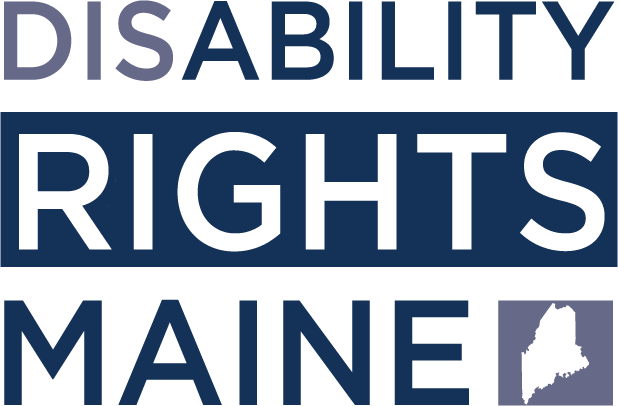Over-the-Counter (OTC) hearing aids are in the news. It is estimated that 217 million Americans live with some degree of hearing loss. And yet, hearing aids remain vastly underutilized: only about 20% of people who could benefit use one.[1] For many, the high cost is a deterrent. The average cost for a pair of hearing aids can easily surpass $4000, and typical devices must be replaced every 5-10 years. Coverage of hearing aids by private insurers is spotty, while Medicare does not offer coverage of hearing aids at all. Others face difficulty accessing an audiologist or obtaining a prescription for a hearing aid. Regardless of the barriers, the bottom line is clear – many go without.
On October 19, 2021, the U.S. Food and Drug Administration announced a proposal intended to expand access to and reduce the cost of hearing aids. The proposal includes the establishment of a new category of Over-the-Counter (OTC) hearing aids. OTC hearing aids are devices intended to help people with mild-to-moderate hearing loss. Like traditional hearing aids, OTCs can make sounds louder, allowing individuals with difficulty hearing to better listen, communicate, and participate in daily living. As opposed to FDA-regulated hearing aids, OTC devices can be purchased directly by consumers, without visiting a hearing health professional. The rules would establish guidelines for device effectiveness, safety, and labeling, as well as where and how over-the-counter hearing aids could be sold.
Access to a less expensive option of hearing technology could positively affect individuals who would not otherwise seek assistance. “This allows us to put hearing devices more in reach of communities that have often been left out. Communities of color and the underserved typically and traditionally lacked access to hearing aids,” Xavier Becerra, secretary of the U.S. Department of Health and Human Services, said at a recent news briefing on the subject. https://www.webmd.com/a-to-z-guides/news/20211019/fda-over-the-counter-hearing-aids
However, consumers and professionals point out the need for caution. Audiologists note that not all hearing loss is the same, and not all individuals with ‘mild or moderate’ hearing loss will necessarily be good candidates for OTC devices. Concerns remain about clear labeling, device effectiveness, and marketing; decibel level control on OTCs; and the risk that without professional screening, individuals who are not candidates for OTC devices will rely on them all the same due to their cheaper cost.
The FDA is working to finalize the rules and the adoption of the final text is yet to be determined. This regulation would take effect 60 days after the publication of the final rule. https://www.nidcd.nih.gov/health/over-counter-hearing-aids
More information about hearing aids, OTC devices and personal sound amplifiers can be found here: https://www.fda.gov/consumers/consumer-updates/hearing-aids-and-personal-sound-amplification-products-what-know?utm_medium=email&utm_source=govdelivery
Disability Rights Maine’s Deaf Services program offers advocacy, equipment, training and education for individuals who are Deaf, Hard of Hearing, Deaf-Blind or Late Deafened.
[1] According to a survey conducted by the Hearing Loss Association of America (HLAA) only one in five people who could benefit from a hearing aid uses one.
